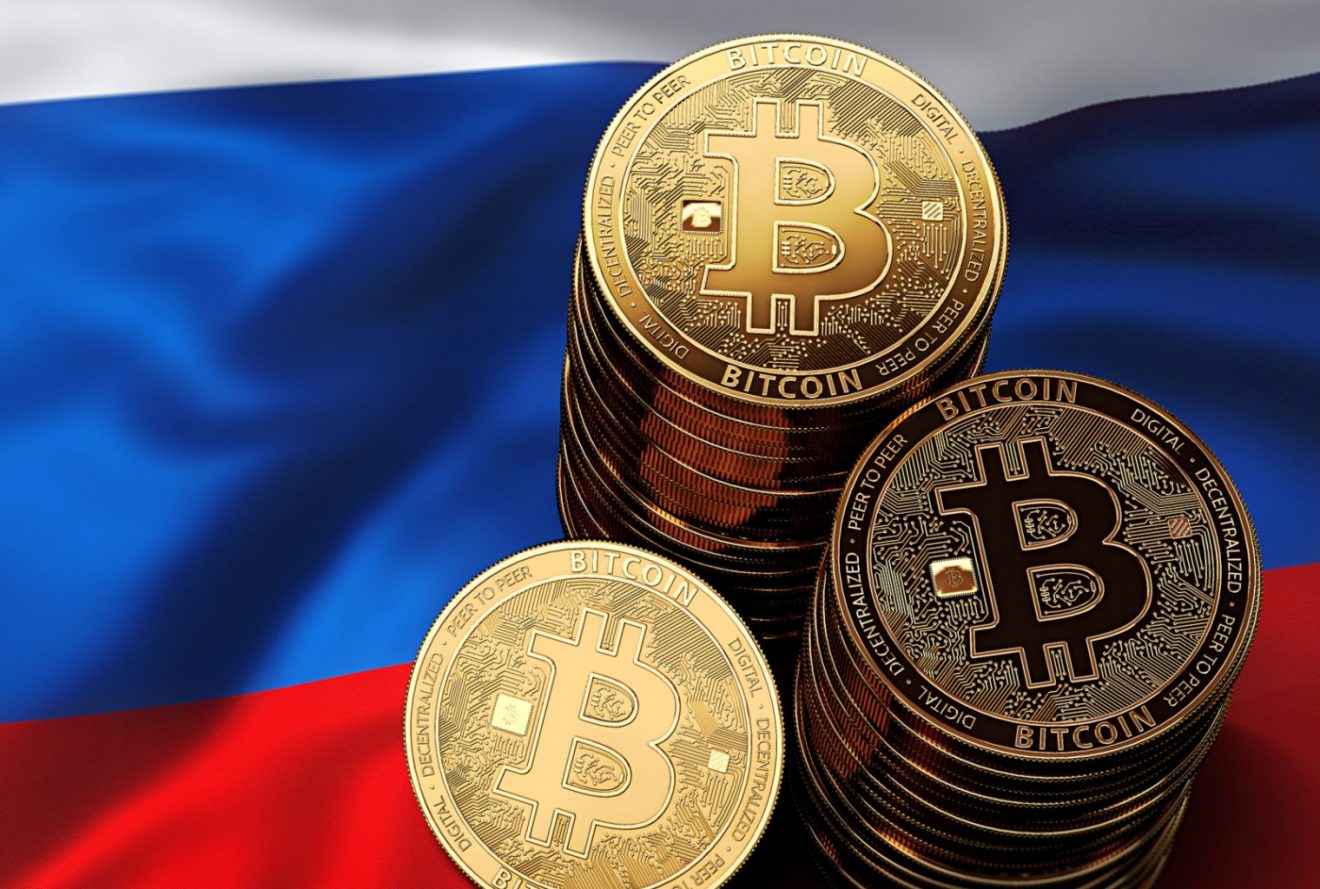Bitcoin is now the world’s largest currency in terms of market capitalization. It is now bigger than Russia, Canada, Australia, South Korea, Norway, and many developed countries.
Bitcoin currently has a market cap of over $162 billion at the present prices. However, by the end of this year, the figure could rise exponentially, as experts have predicted that Bitcoin will touch at least the $20,000 mark by the end of this year, some have even predicted a $40,000 price. Even if the lower prediction is realized, the market cap will double itself, helping it surpass a few more countries, inching closer to the United States.
However, the ultimate prediction is that Bitcoin will become the ultimate currency in the world, surpassing the UK, Switzerland, and India as well. Therefore, there’s no surprise that the regulators around the globe have called for a serious check on Bitcoin trade, fearing it could overtake the traditional monetary system. But the fact is, despite trying hard, they haven’t been able to keep people away from investing the apex cryptocurrency.
Advertisement
China is a good example of this irony. The Chinese regulators have been extremely strict against Bitcoin, banning all cryptocurrencies in the country. However, researches and surveys have indicated that despite the ban, Bitcoin is the most searched word on Baidu, the Google equivalent of China. This shows that people get more excited about the token when a government is against it.
On the other hand countries like Russia and Venezuela, which are having a troubled relationship with Washington, have advocated for the use of Bitcoins and other cryptocurrencies. Russia, in particular, has professed the use of digital currencies as opposed to US Dollar, to and the American dominance in global trade.
Advertisement
As global trade takes place more and more acquainted by Bitcoin, its value and market cap, both will shoot up significantly. And that might give the US regulators some sleepless nights.







